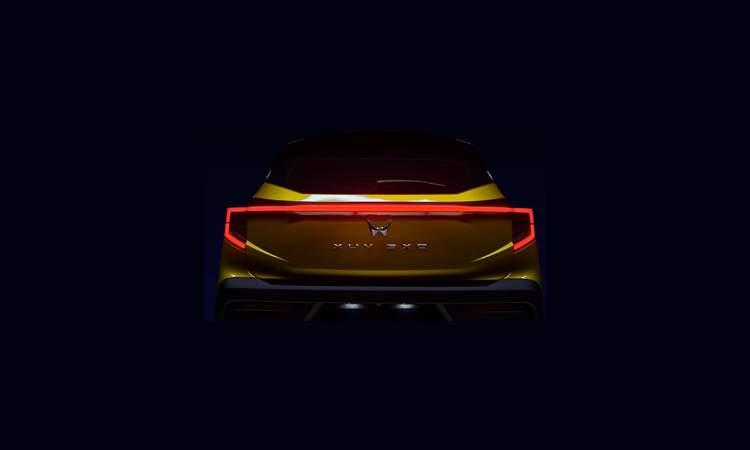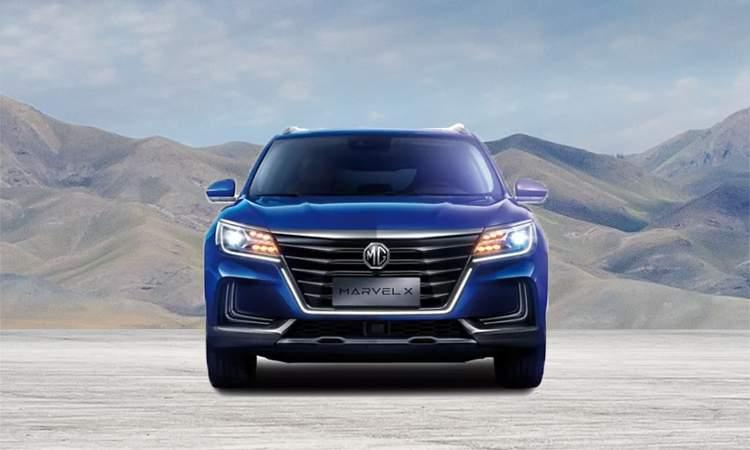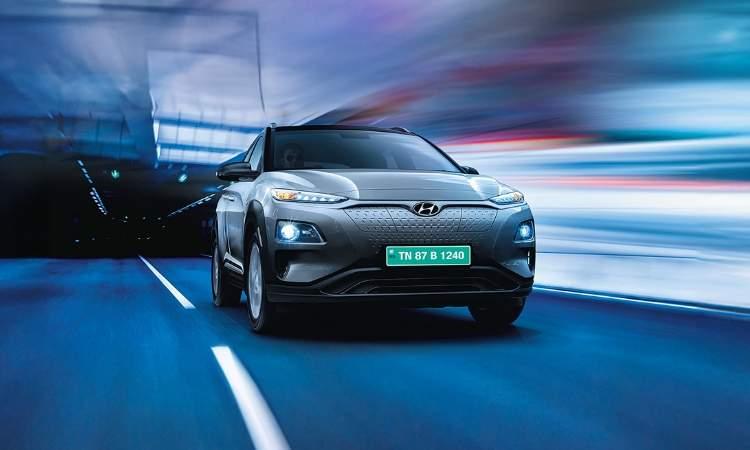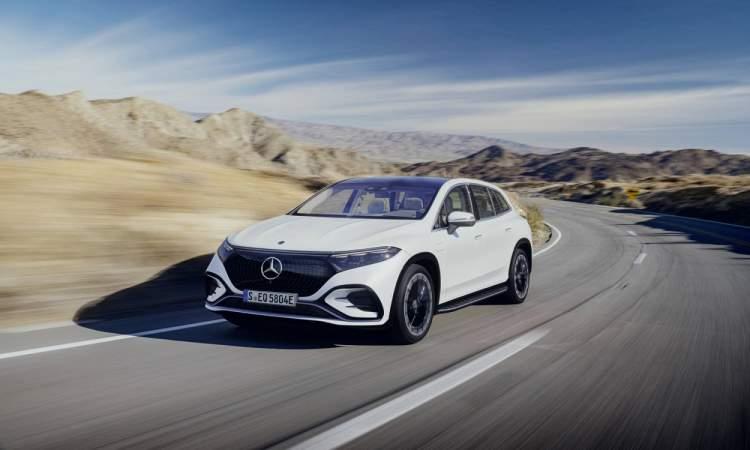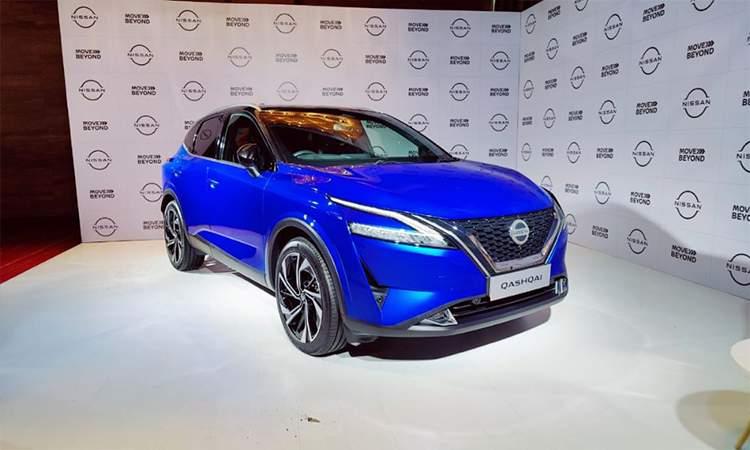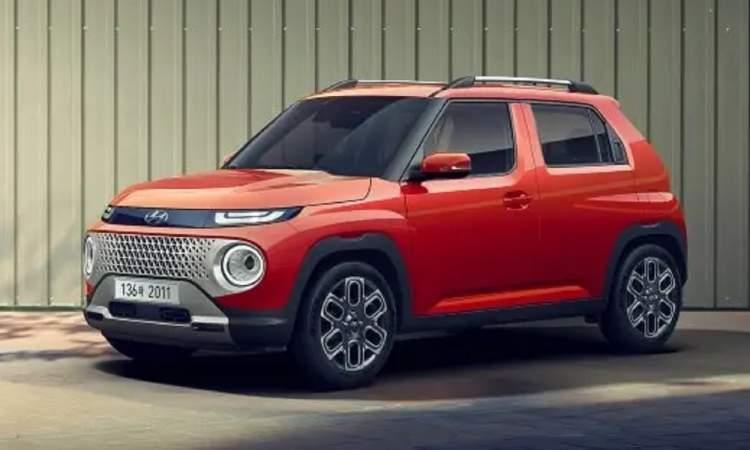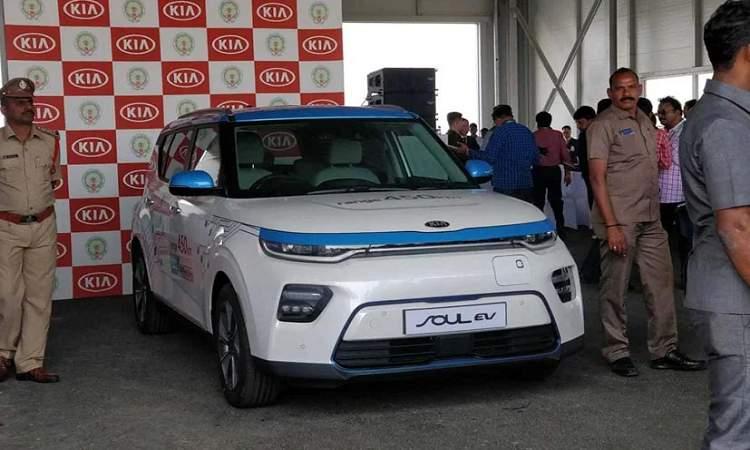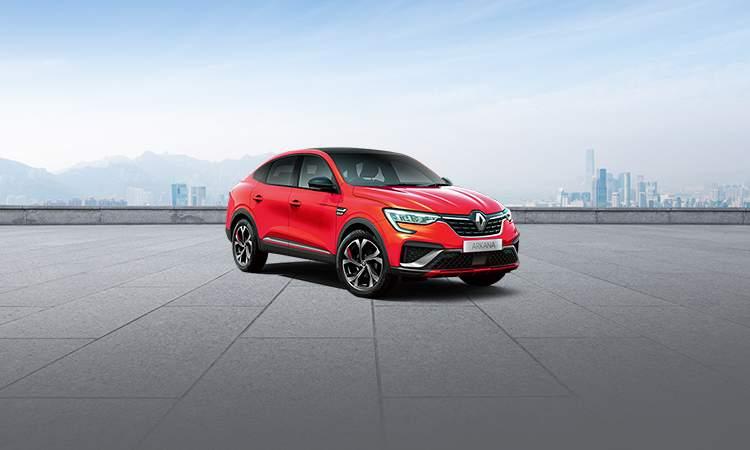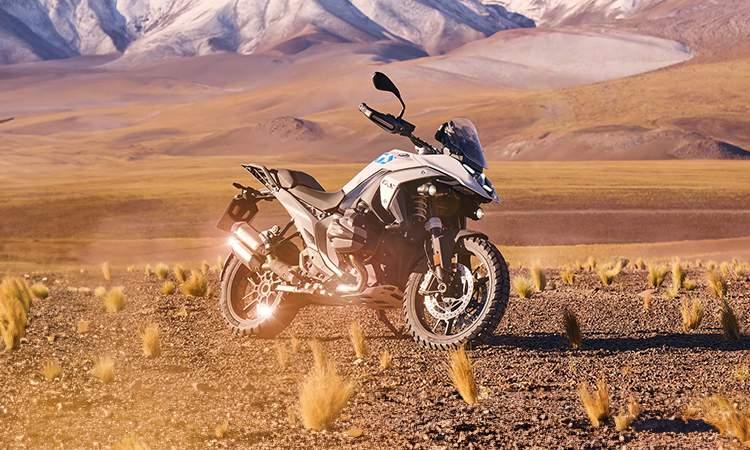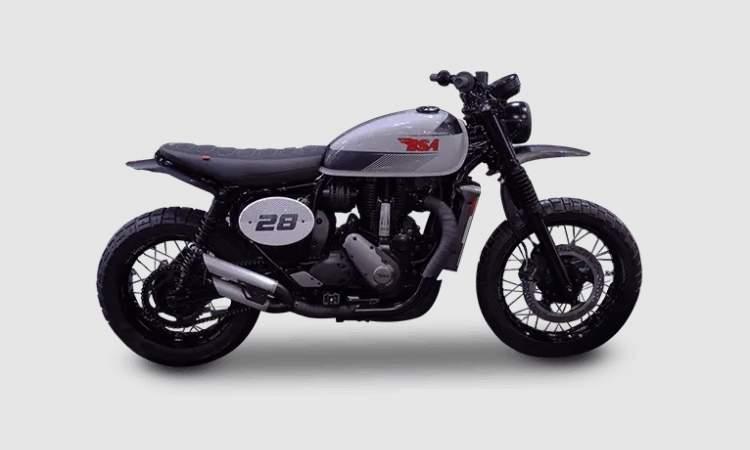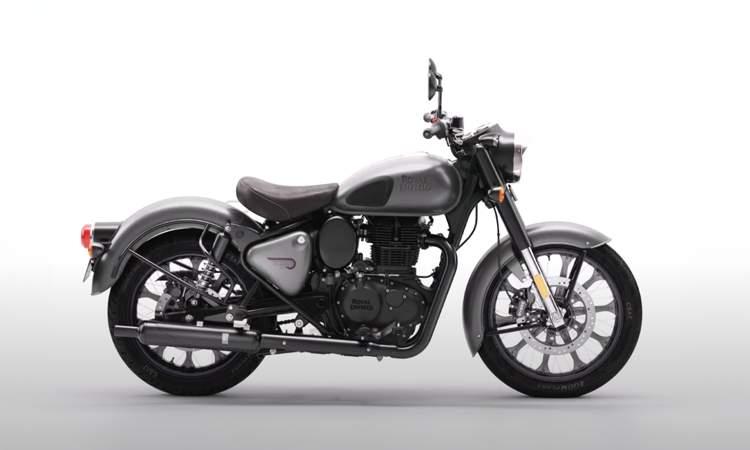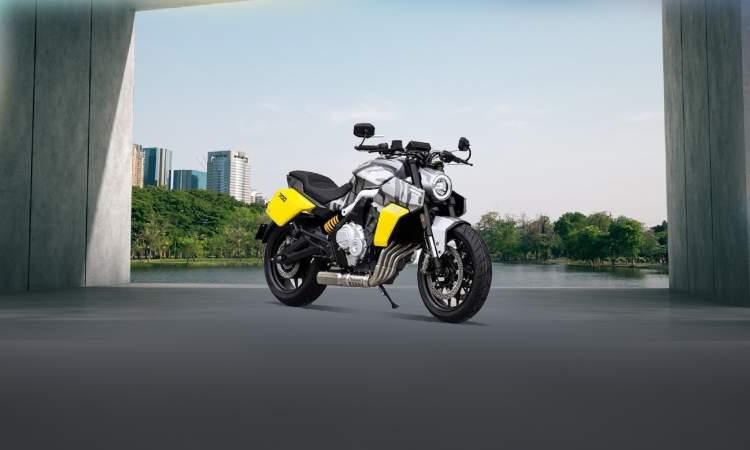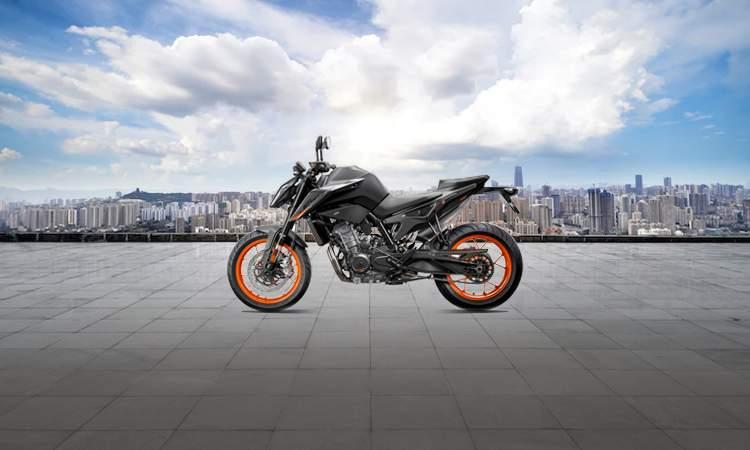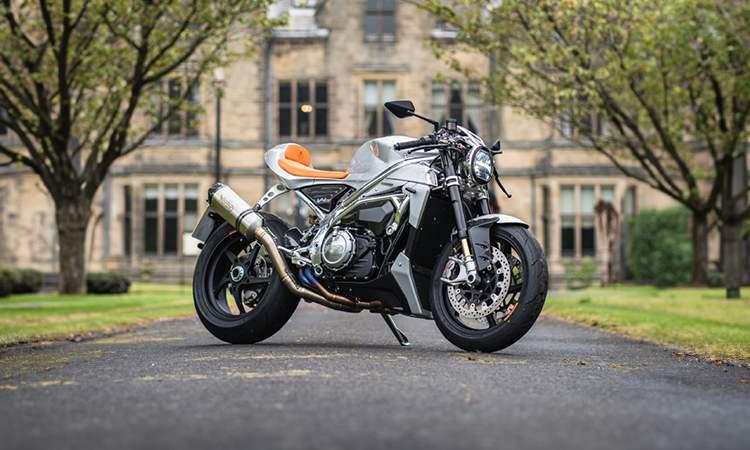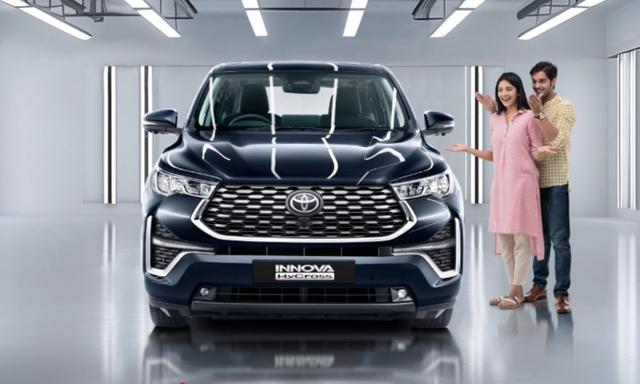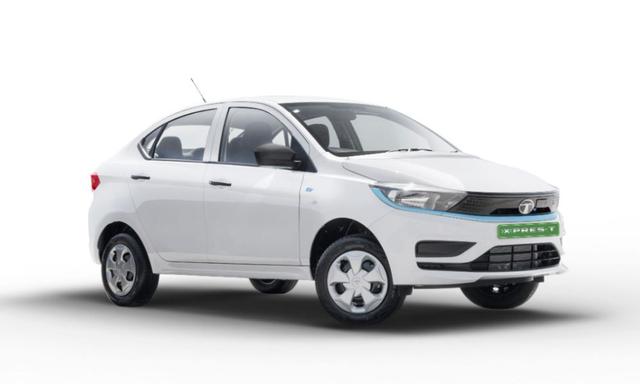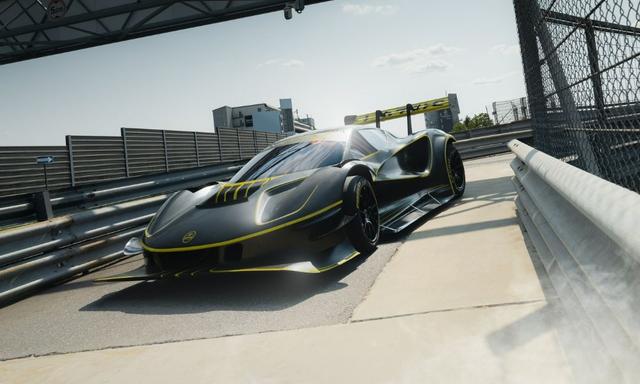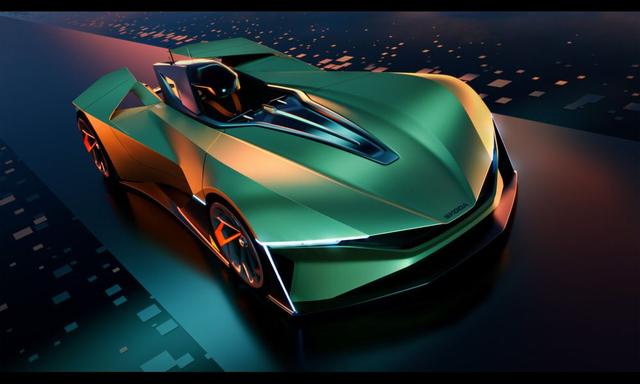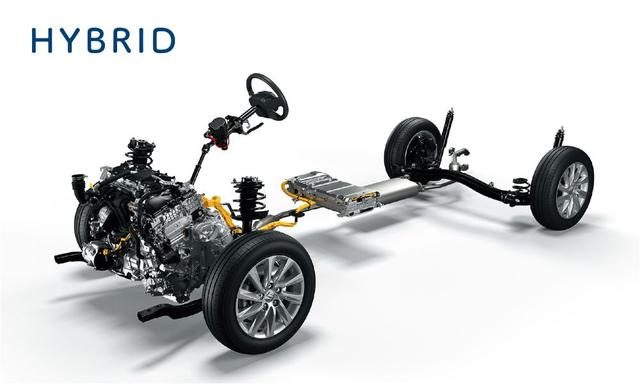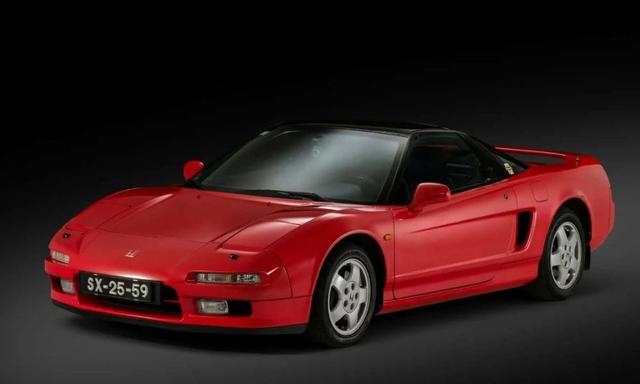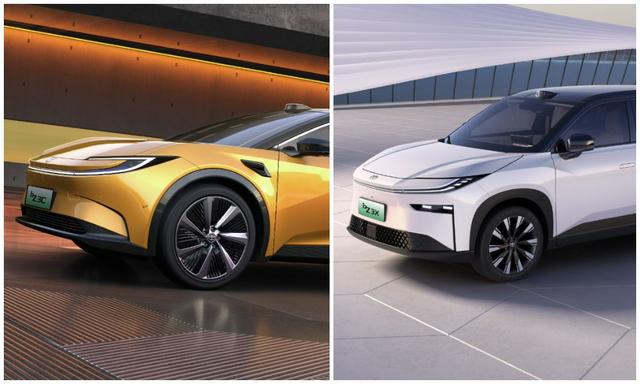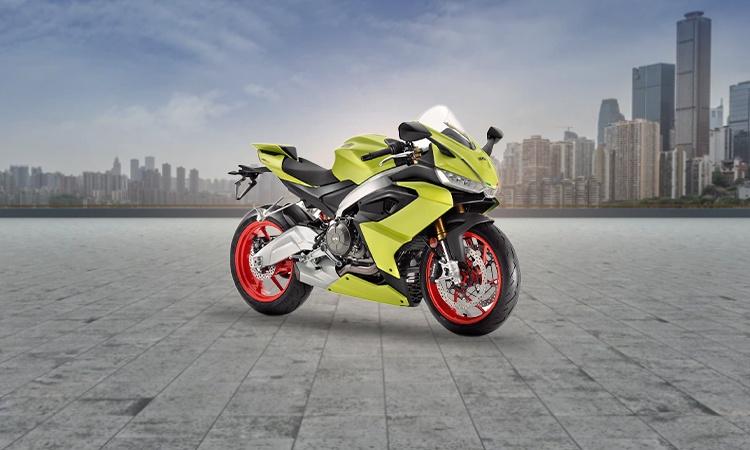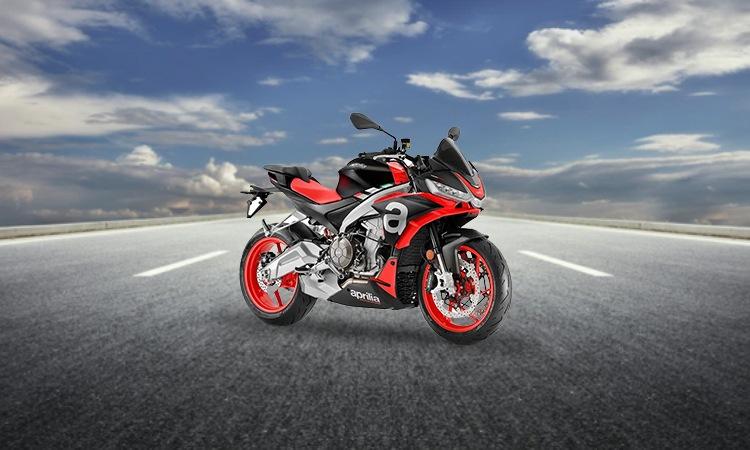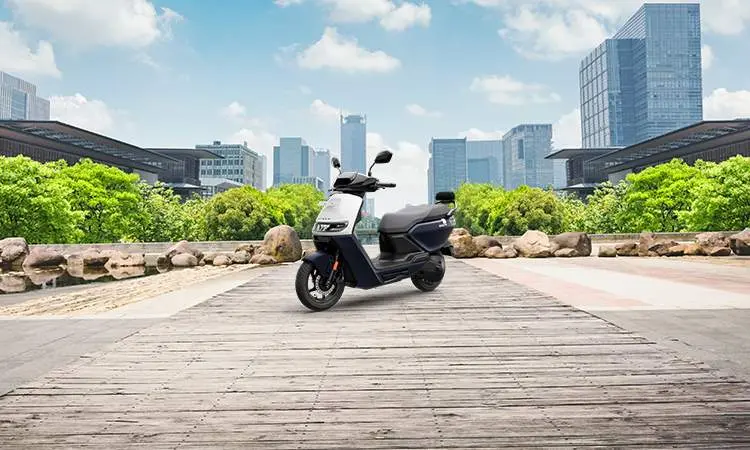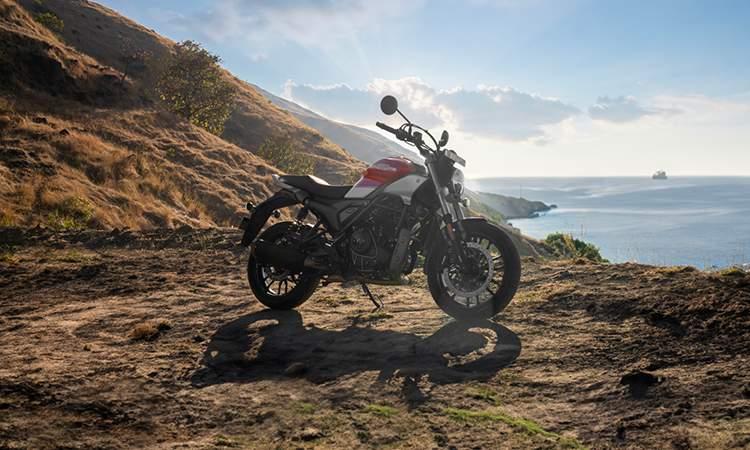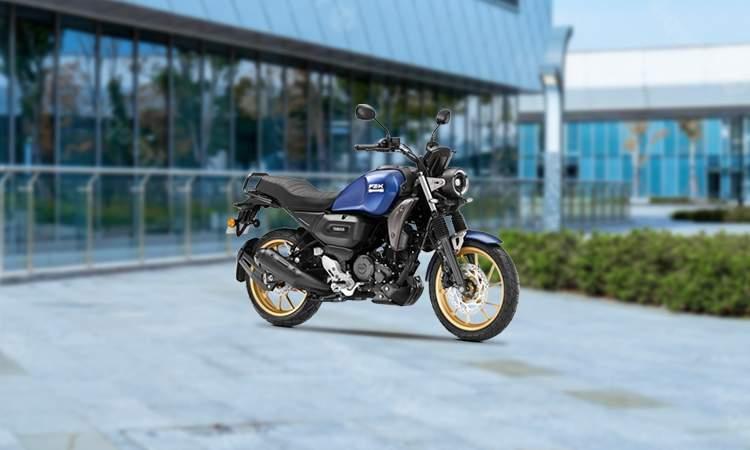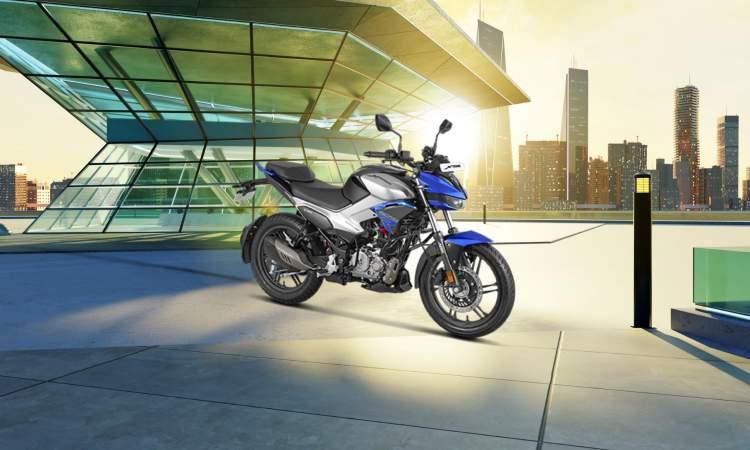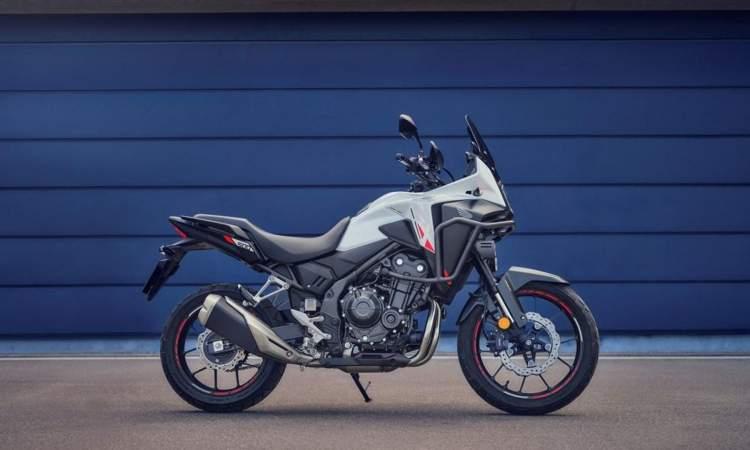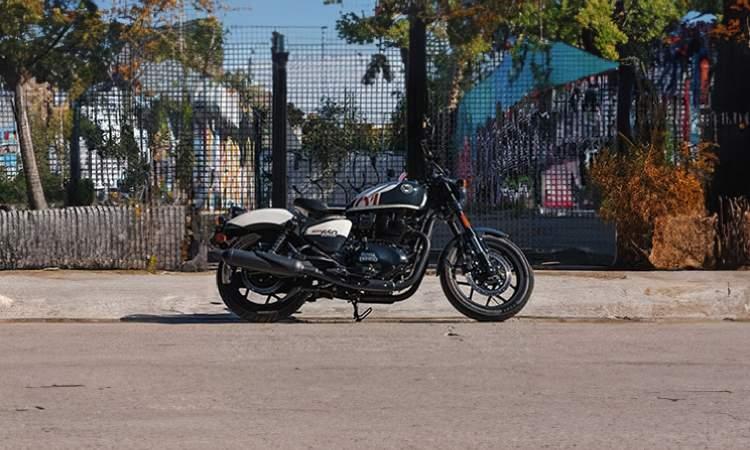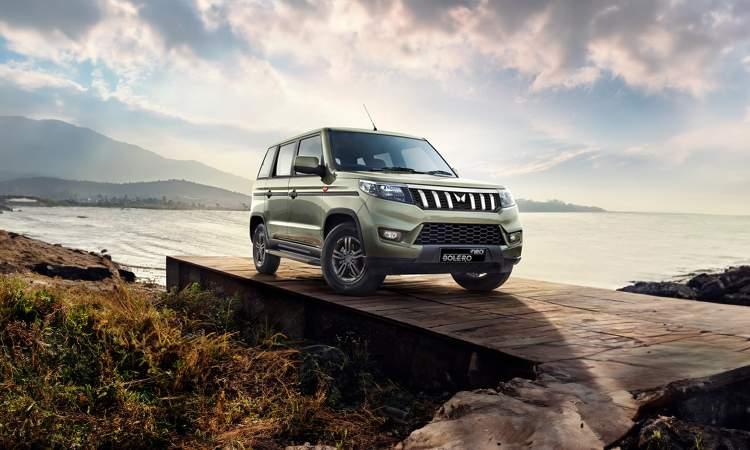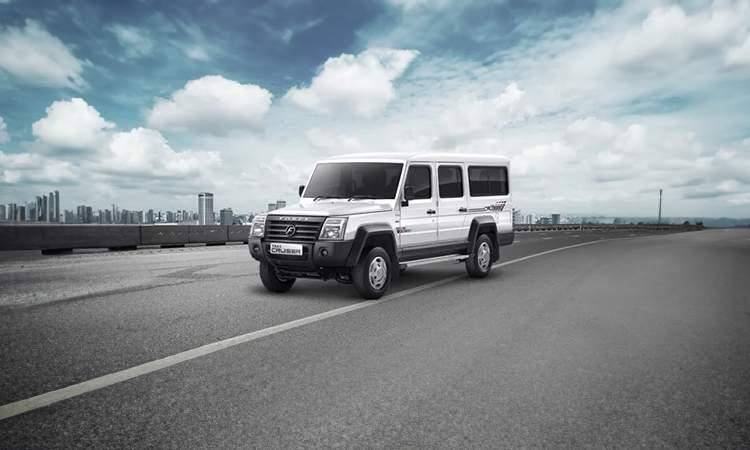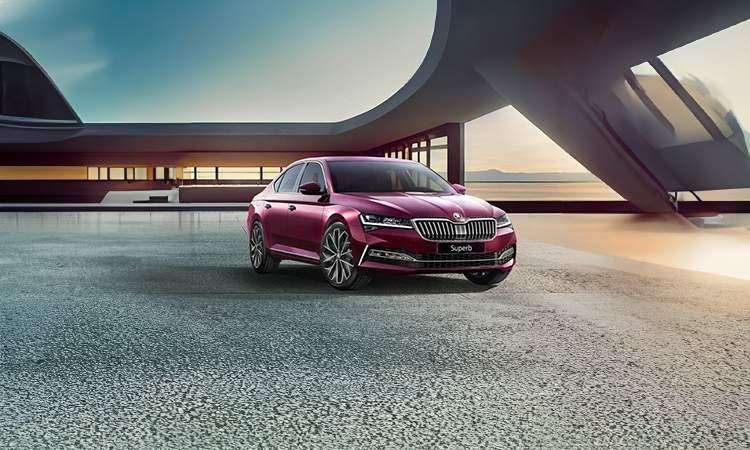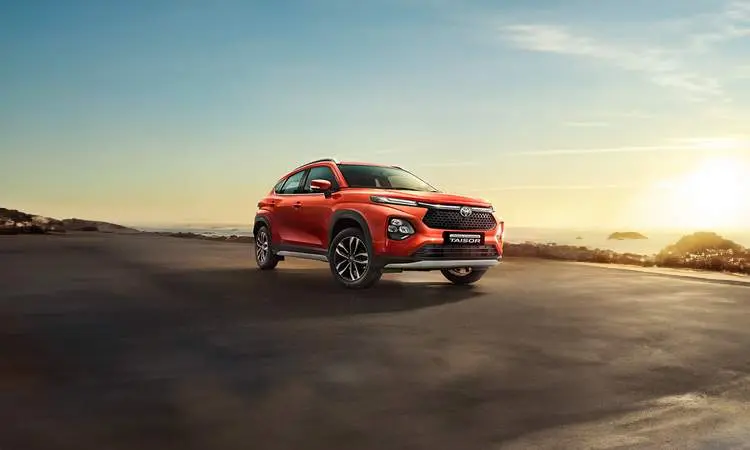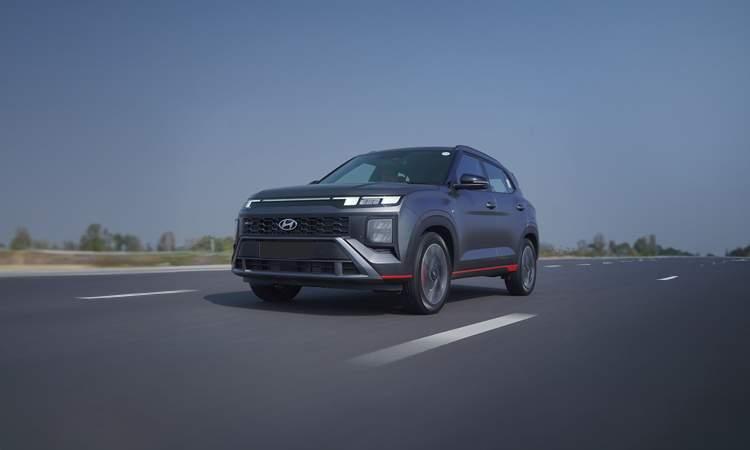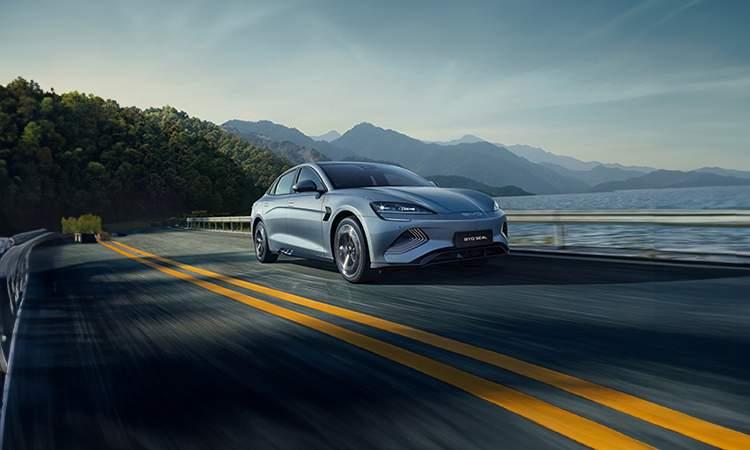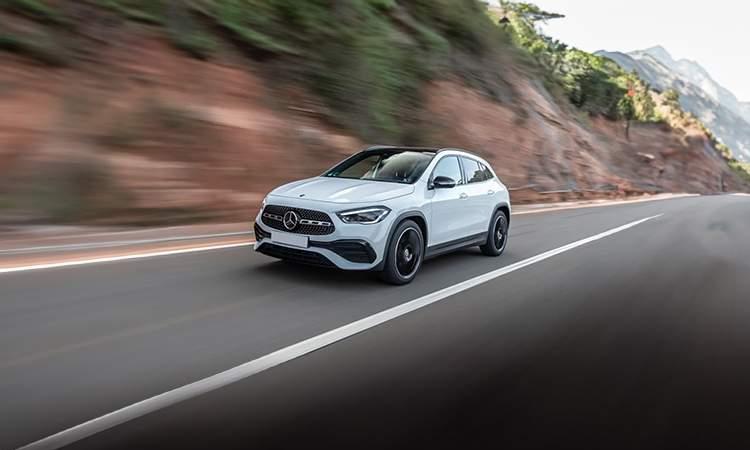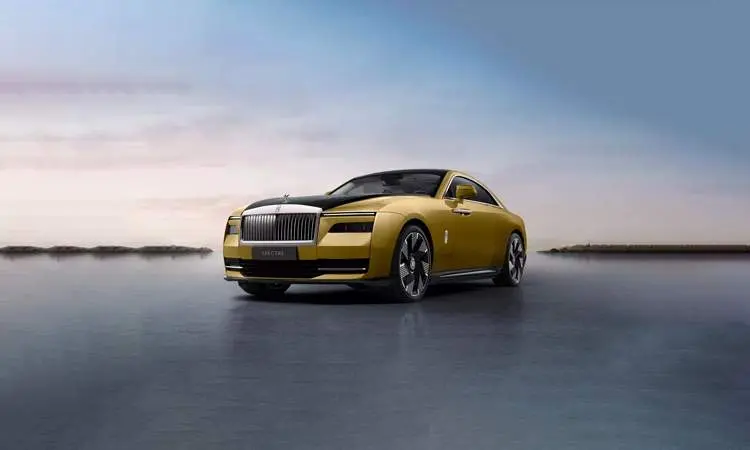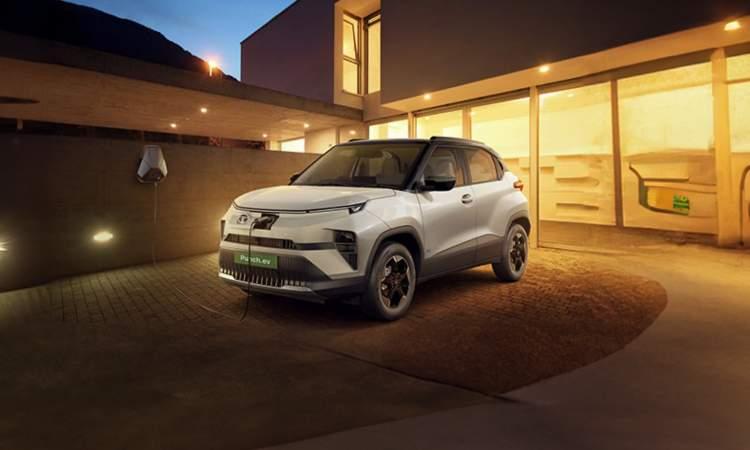Ethiopia To Ban Petrol And Diesel Car Imports As The Country Combats Financial Struggles
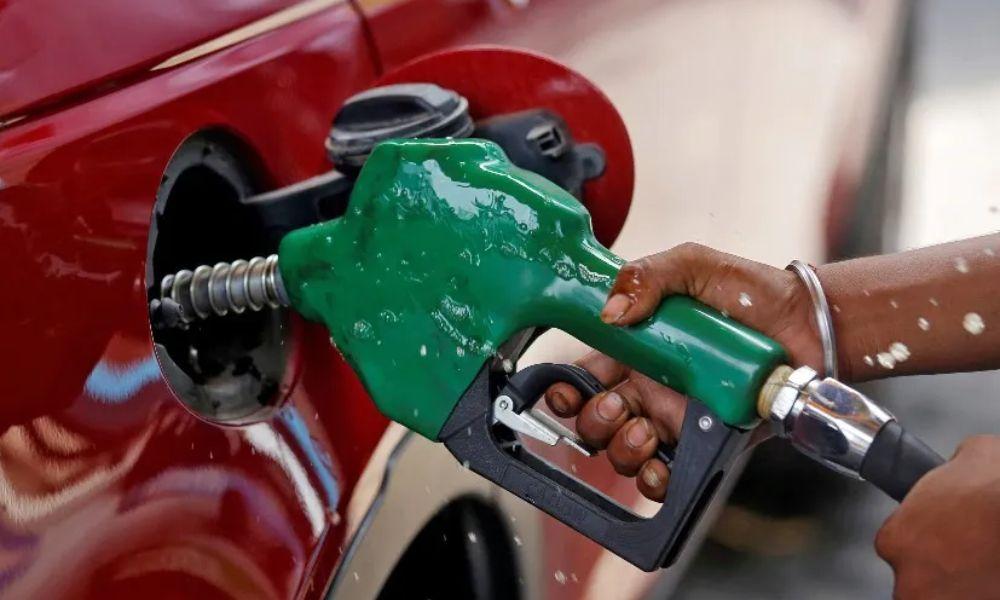
Highlights
- Ethiopia will ban the import of cars unless they are electric.
- Ethiopia plans to set up charging stations for EV owners to promote e-mobility.
- The government previously announced tax cuts for adoption of EVs.
The African nation of Ethiopia recently announced that it plans to ban the import of petrol and diesel cars. While a timeline for the ban has not been announced, the Ethiopian Ministry of Transport and Logistics confirmed in the parliament that it plans to ban the import of petrol and diesel cars in favour of electric vehicles.
Alemu Sime, Minister of Transport and Logistics, said, “The government has decided not to import any gasoline automobiles into Ethiopia unless they are electric. Ethiopia, which does not produce fuel but imports it from abroad using high amounts of foreign currency.”
Sime further stated, “Electricity is abundantly produced in Ethiopia, and its cost is lower compared to fuel.”
Also Read: Indian Government Not Considering Duty Concessions For Import Of EVs
Alemu Sime made the statement as part of implementing “Green Transport” solutions in the country under the Logistics Master Plan. He further said that efforts were being made to set up charging stations for electric cars. The new policy aims to restrict foreign exchange resources for buying new internal combustion engine (ICE) cars and also reduce crude oil imports in the country. Ethiopia spent about $6 billion on importing oil last year.

The ban on the import of ICE vehicles will make a dent in the plans of existing automakers operating in the market. This includes Hyundai, Volkswagen, Renault, Lada, Isuzu and more. Most companies operate via joint ventures with local players and have local assembly plants. These plants are equipped to make ICE and electric vehicles. It’s also unclear if the ban will extend to the import of used cars as well.
Also Read: Tesla India Plant Could Be Set Up In Gujarat - Report
Ethiopia still has a very small population that can afford personal vehicles and the ban will make that dream inaccessible for many. EVs, on the other hand, continue to be expensive and are on the premium side of the pricing chart. Ethiopia has been pushing for EV adoption in recent years and announced a 10-year plan in 2022 supporting the import of 4,800 electric buses and 1,48,000 electric cars. It also slashed VAT, surtax and excise tax on EVs to make them more affordable.
Ethiopia is one of the biggest investors in energy infrastructure in Africa and is betting big on electricity for future growth. The country is home to the continent’s biggest hydroelectric power plant which will be inaugurated soon and will have the capacity to produce 3,000 megawatts. It can be expanded to 6,000 megawatts once fully operational.
Great Deals on Used Cars
View All Used Cars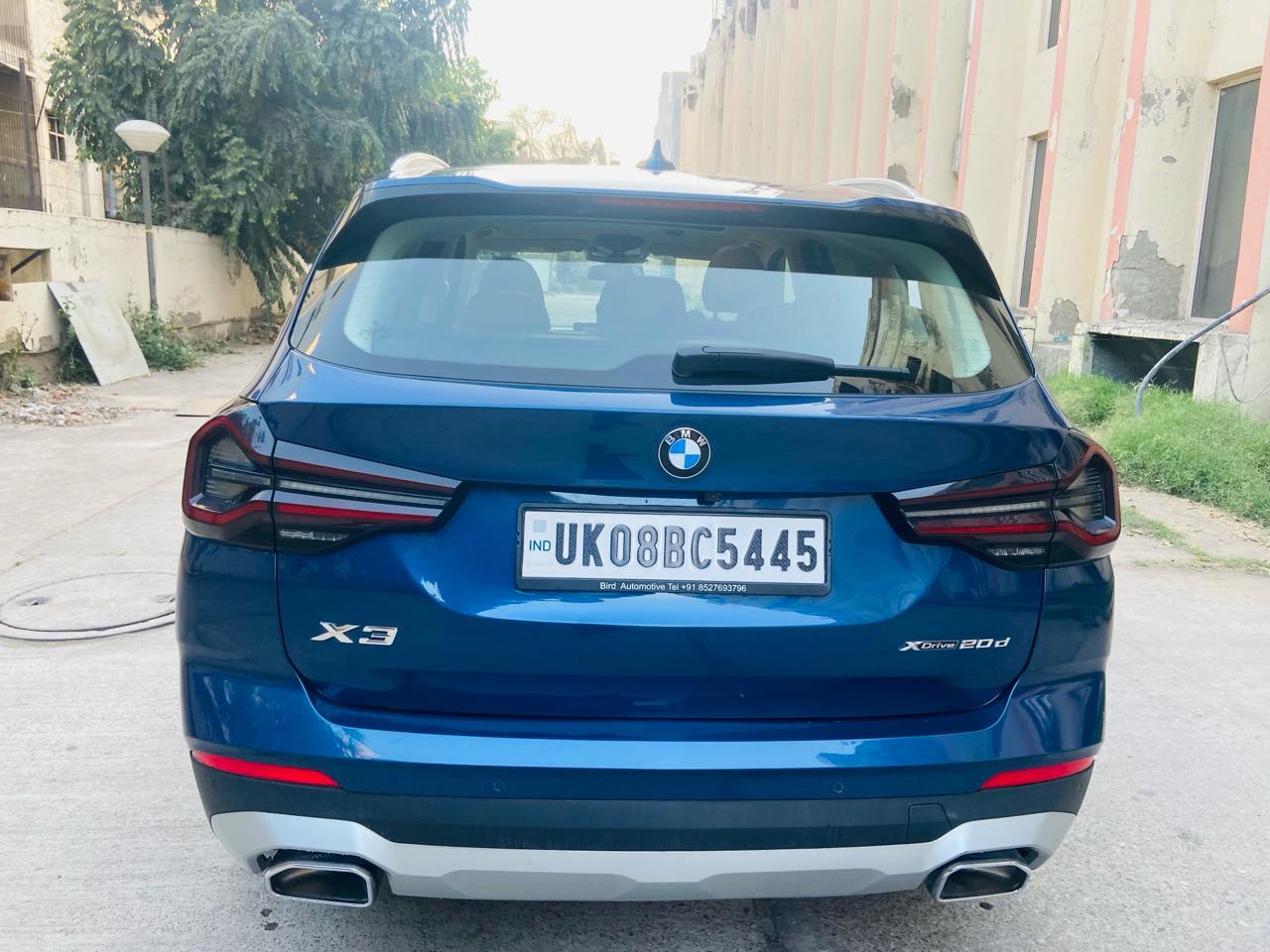
- 19,000 km
- Diesel
- Automatic
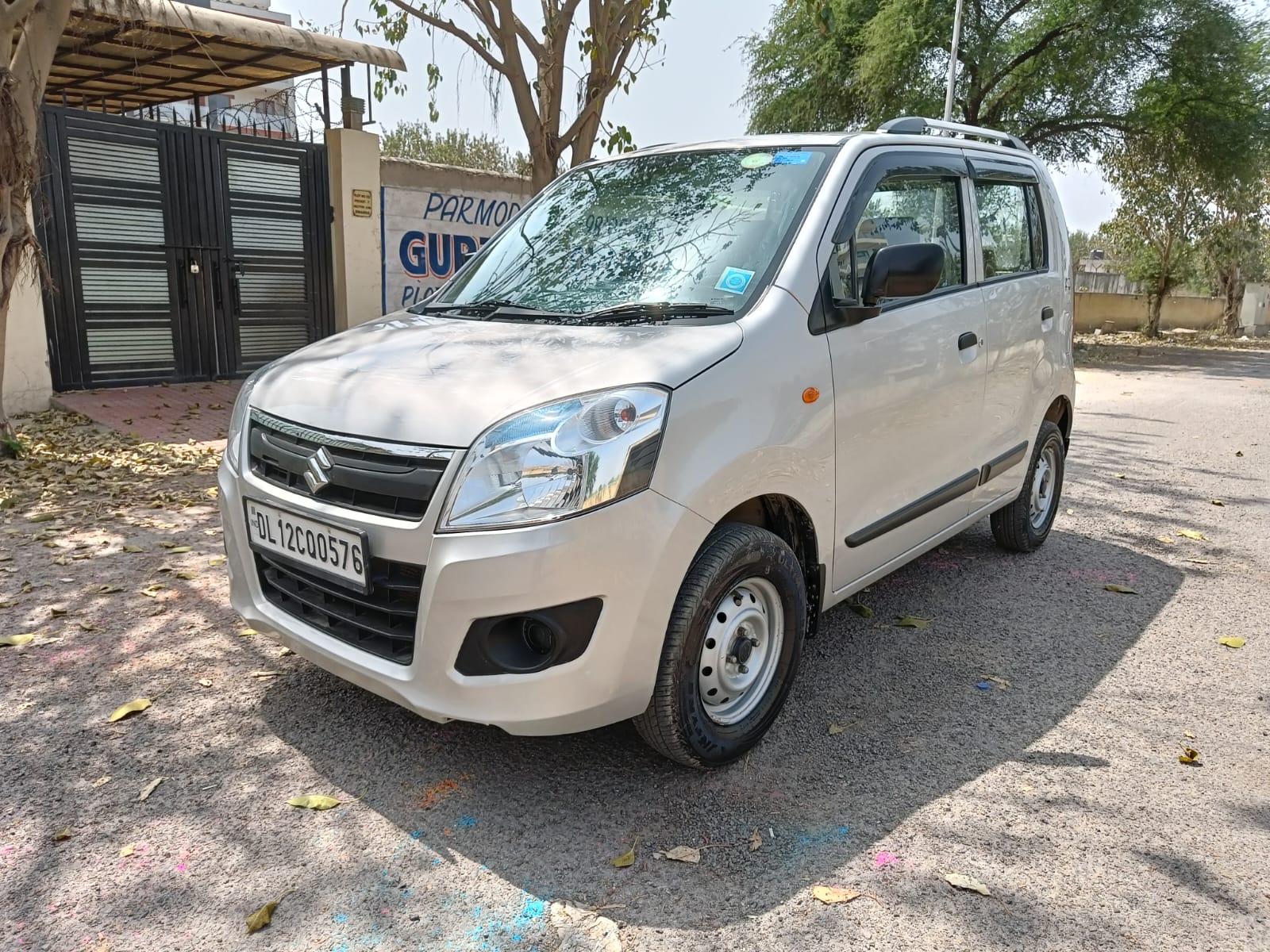
- 55,000 km
- Petrol+CNG
- Manual
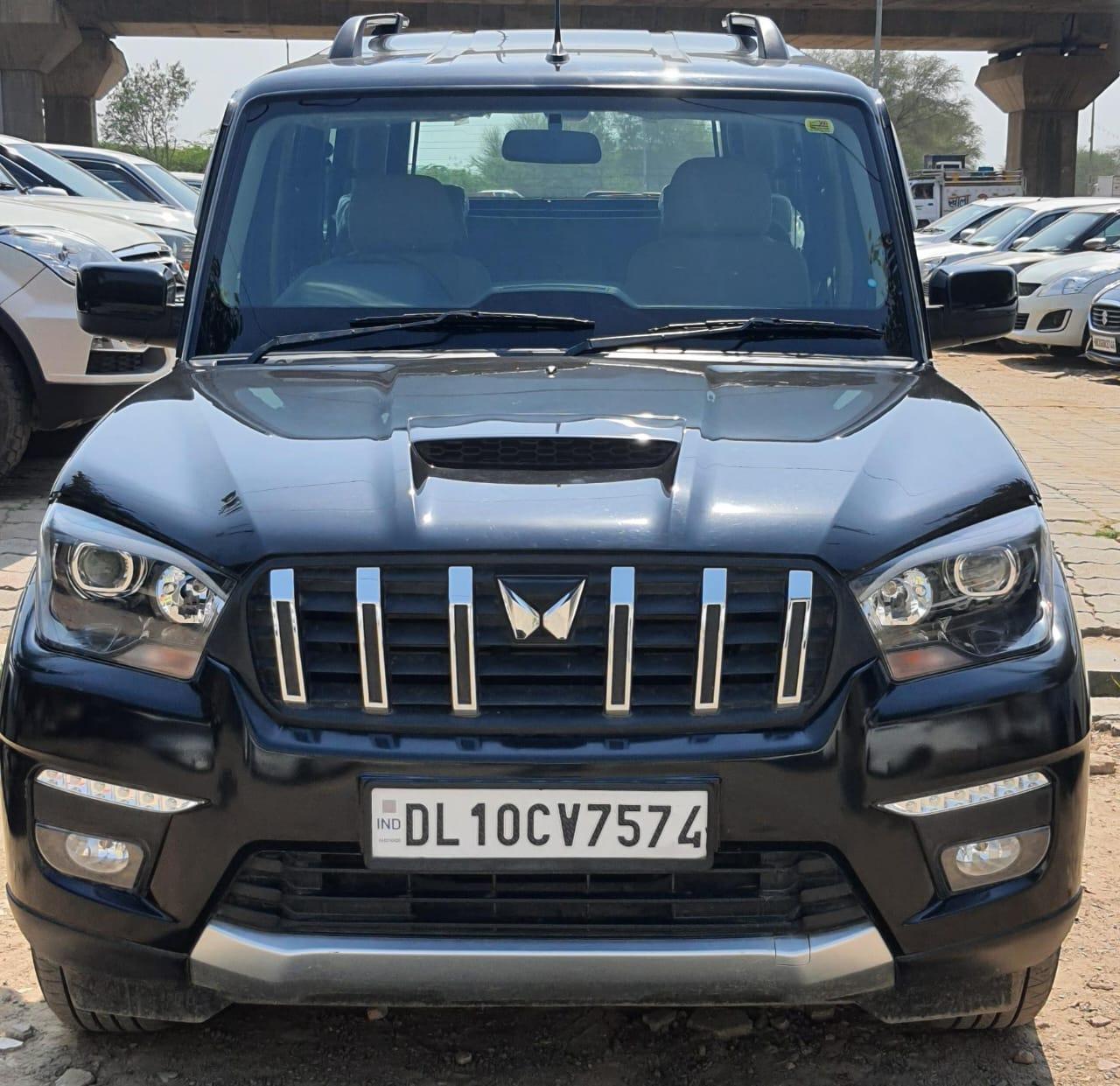
- 11,570 km
- Diesel
- Manual
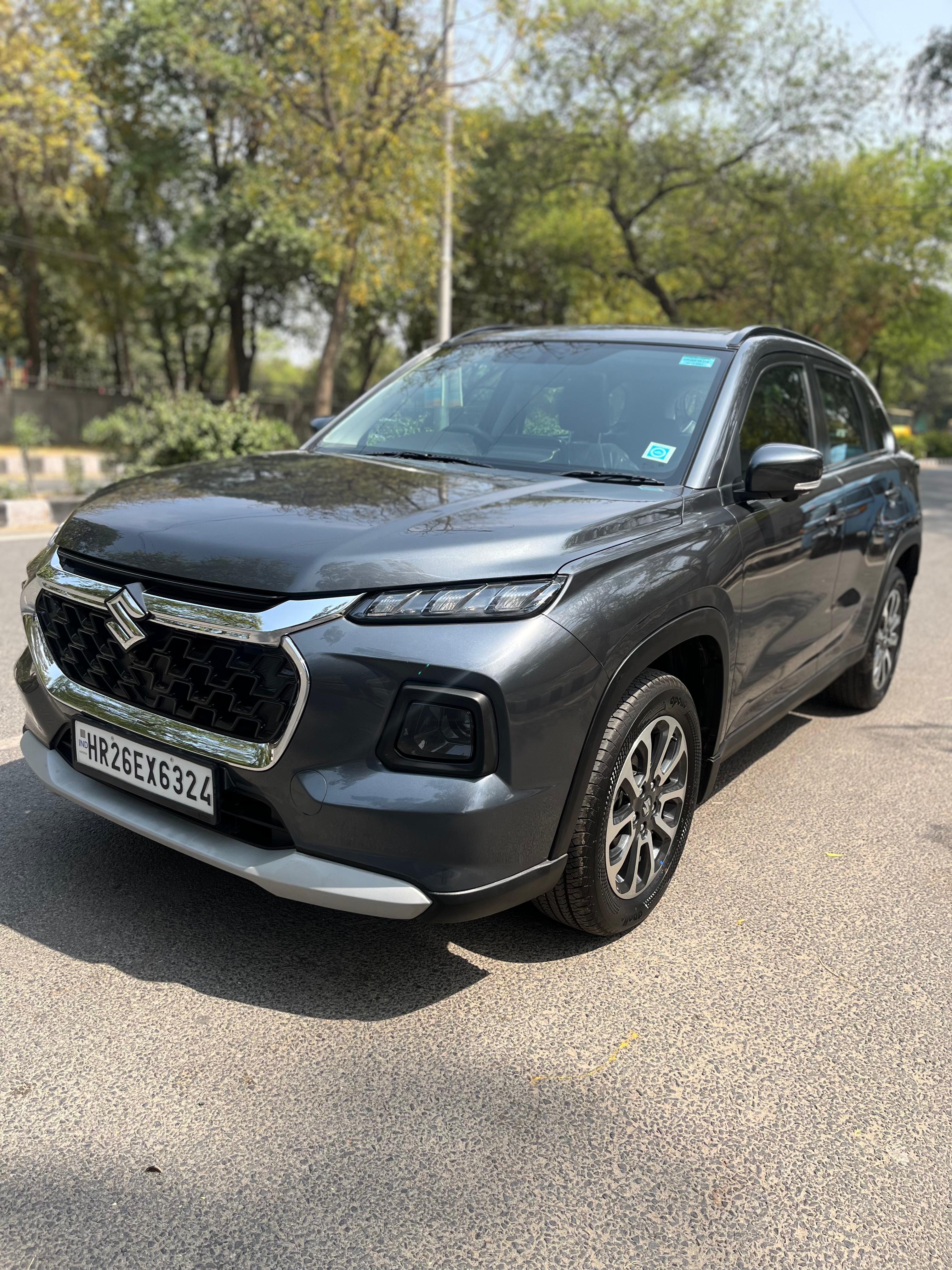
- 9,661 km
- Hybrid
- Automatic
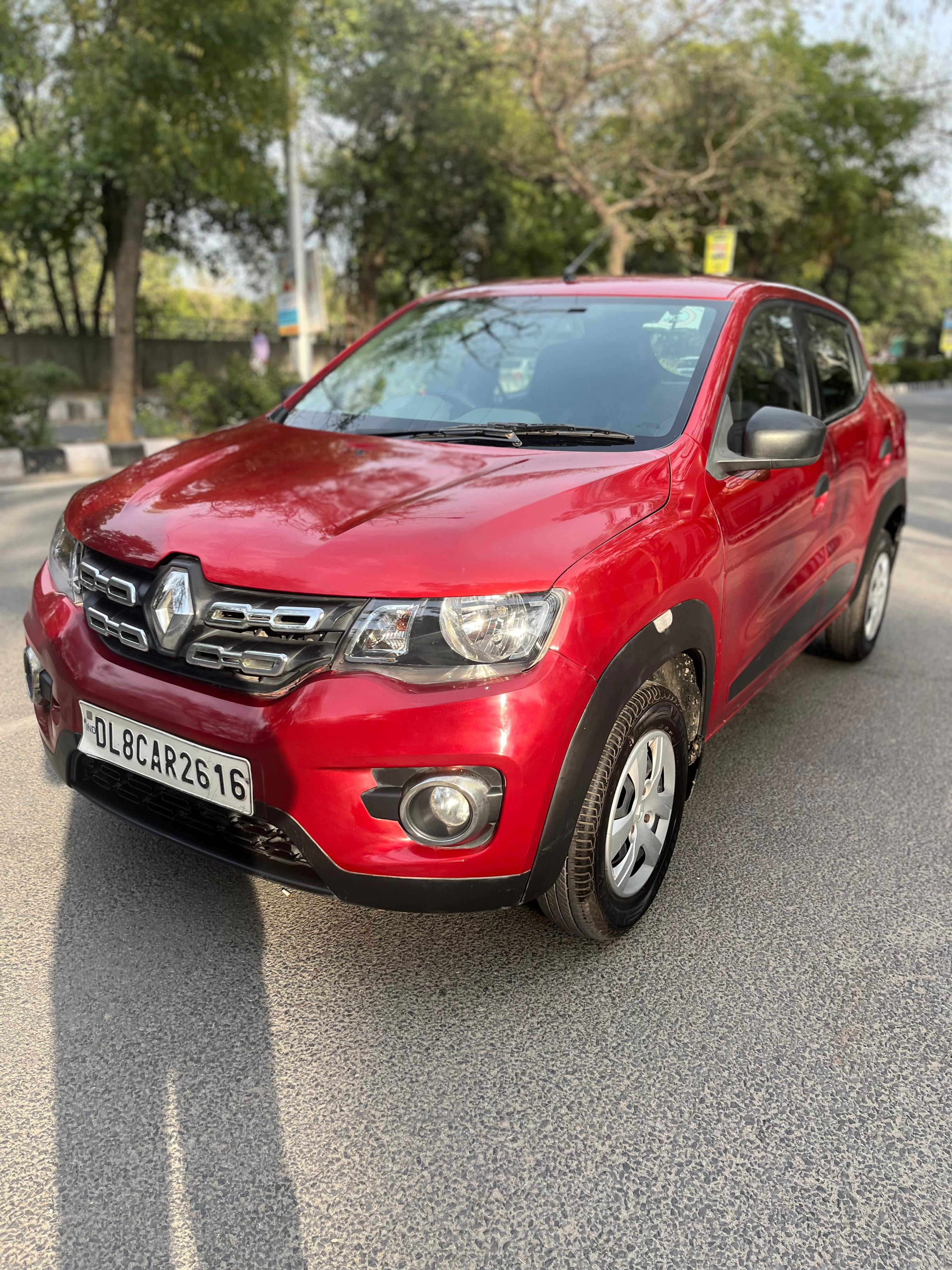
- 23,000 km
- Petrol
- Manual
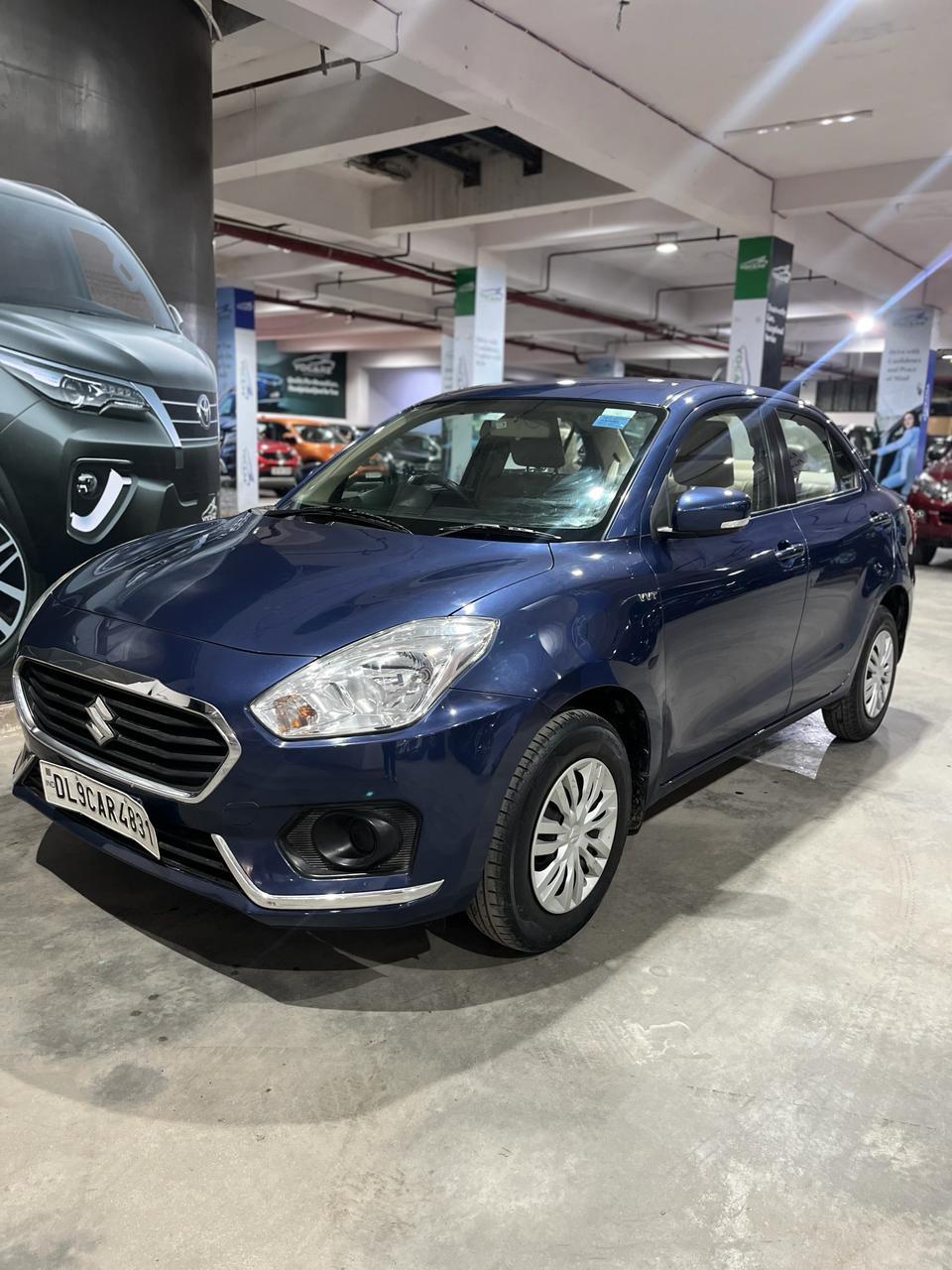
- 25,000 km
- Petrol
- Manual
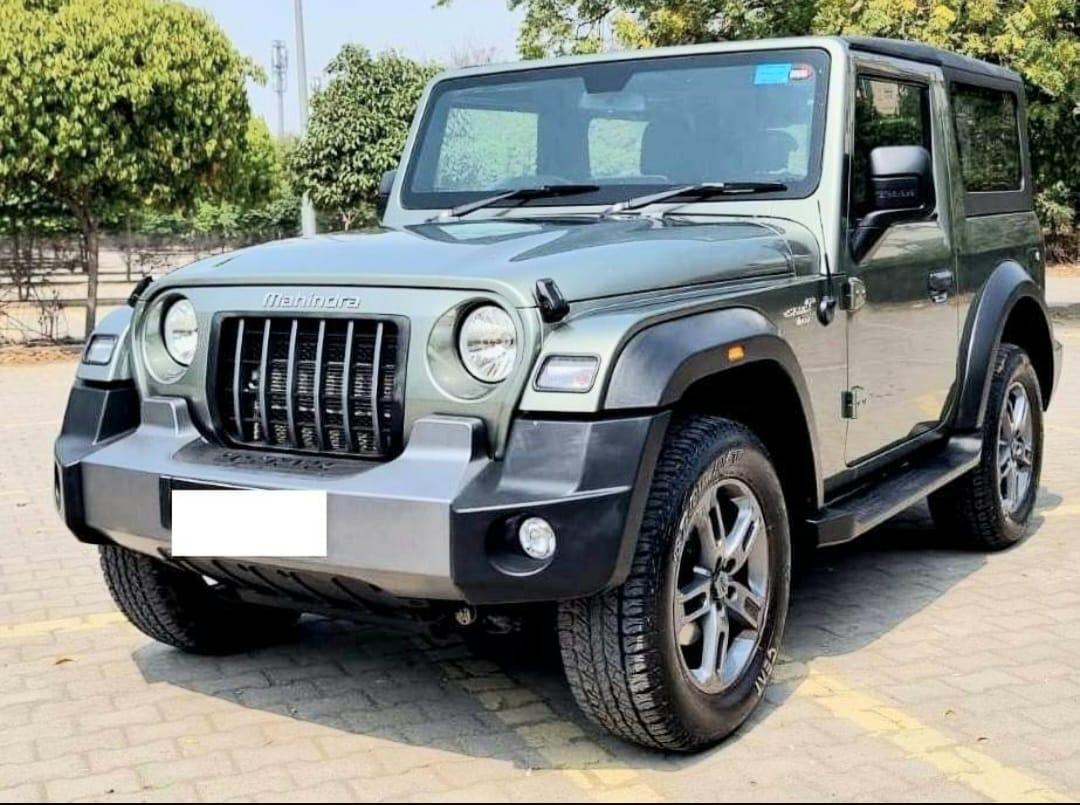
- 7,000 km
- Petrol
- Automatic

- 13,915 km
- Diesel
- Automatic
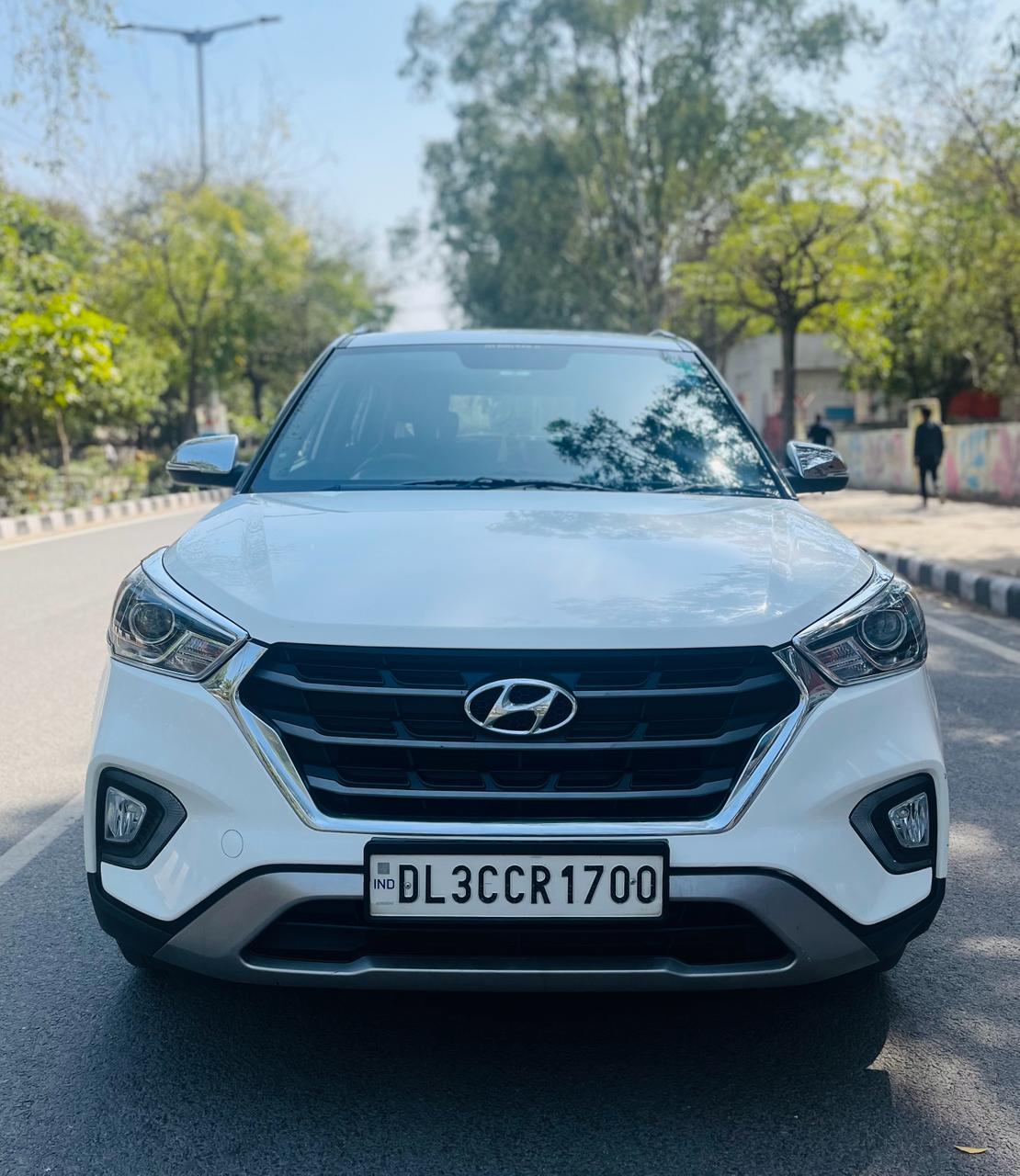
- 18,809 km
- Petrol
- Automatic

- 6,862 km
- Diesel
- Automatic
Upcoming Cars
Upcoming Bikes
Explore More
Latest News

Trending Vehicles In India
- Home
- News
- Auto Industry
- Ethiopia To Ban Petrol And Diesel Car Imports As The Country Combats Financial Struggles
